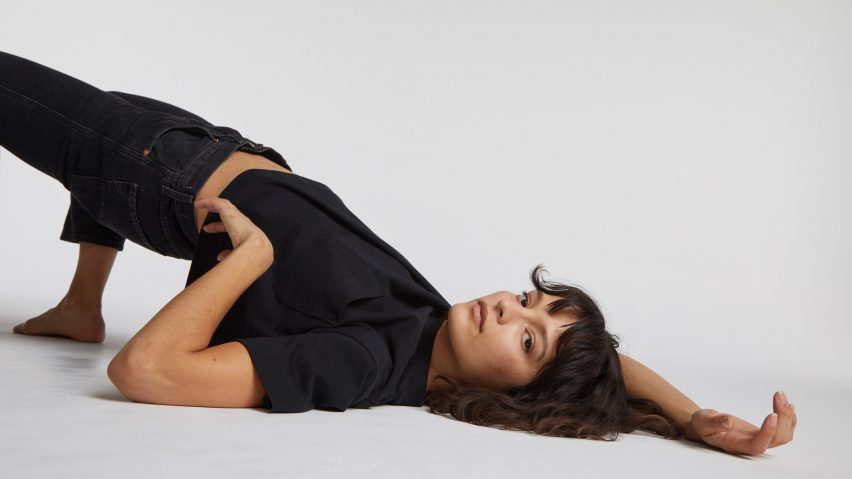
Six fashion brands making the industry more sustainable
Consumers are waking up to the disastrous impact fast fashion has on the environment. Here are six clothing companies that are challenging it with radical approaches to sustainable fashion.
Textile production releases 1.2 billion tonnes a year of carbon dioxide equivalent, making it a bigger contributor to greenhouse gases than international flights and overseas shipping combined.
The industry also has a terrible environmental impact in the countries where garments are produced. Producing, spinning and dyeing raw materials such as cotton uses huge amounts of water and often involves large quantities of pesticide and toxic dyes that leach into the ecosystem.
Materials such as polyester, nylon and acrylic are made from fossil fuels and do not biodegrade. They also can release micro plastics into the water supply as they are washed over their lifetime.
Fast fashion – where consumers are encouraged to purchase lots of cheaply made, so-called disposable clothes – has only accelerated these problems.
An EU report published in January 2019 found that only half of used clothes are recycled, and only one per cent of these are turned into new clothes. The majority ends up in landfill or is incinerated, releasing more carbon into the atmosphere.
But the technology to turn used clothes into virgin fibres are being developed, and pioneering brands are embracing them. Increased awareness of the wastefulness of washing is also leading to clothes that need to be cleaned less.
To make fashion truly sustainable these brands are addressing the consumer habits that fuel the fast fashion industry.
Instead of buying new clothes regularly, they create pieces that are designed to last much longer, and have buying models that allow garments to be resold, repaired, or properly recycled and replaced as part of the circular economy.
Read on for six more sustainable fashion brands:
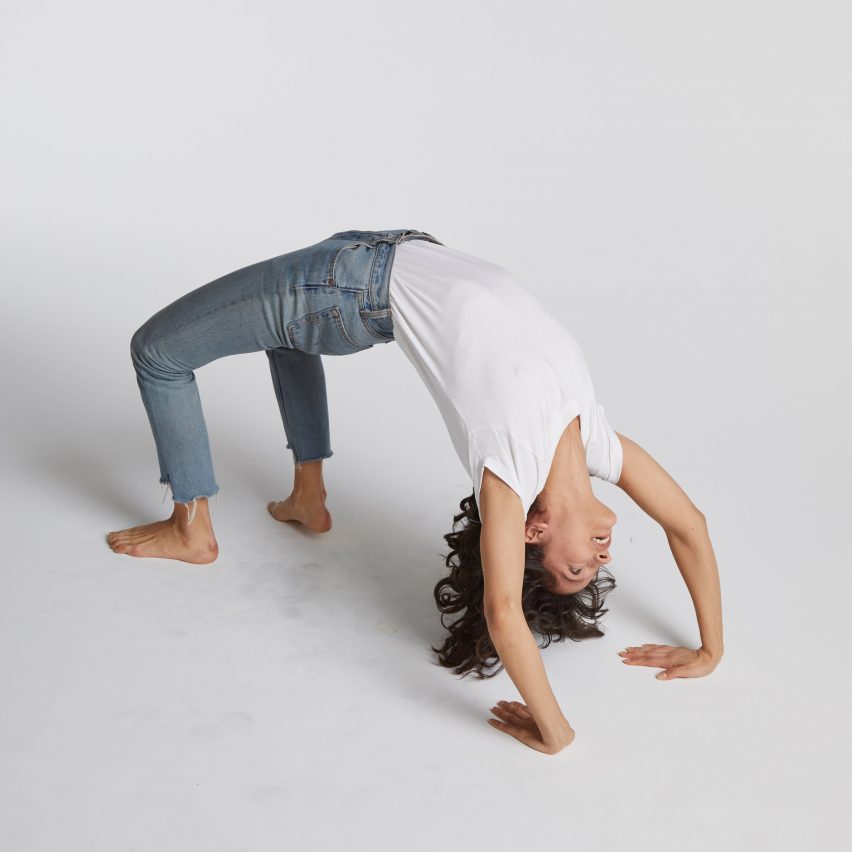
For Days
Sustainable fashion startup For Days has set up a closed-loop fashion system, which aims to avoid waste by endlessly recycling materials. A 100 per cent organic T-shirt, tank top or sweatshirt from For Days costs $38 (£32) and comes with a lifetime membership.
If it ever needs to be replaced it costs $8 (£6.20) to be sent a new one to replace it. The returned items are then recycled in For Days' manufacturing plant in Los Angeles.
Each piece is chopped up, pulped and reinforced with virgin material before being spun back into yarn, which is used to make the fabric for new products. A points system allows members to accumulate credits to be used towards future swaps or products every time they return a used piece.
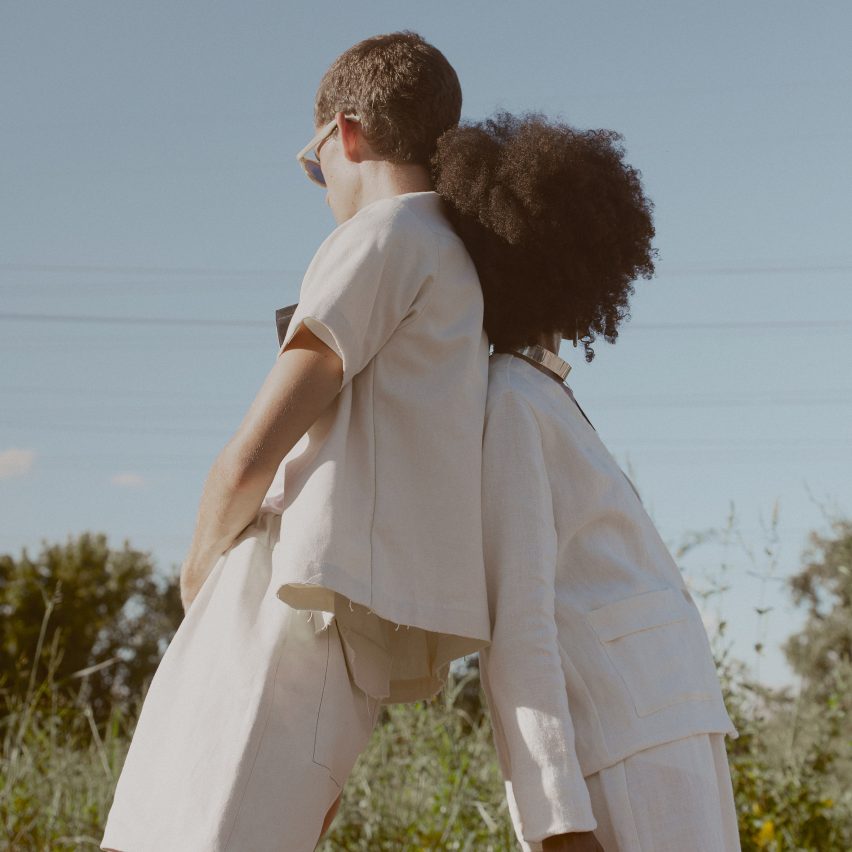
A.BCH by Courtney Holm
Australian fashion designer Courtney Holm has created her label A.BCH to be as sustainable as possible from every angle. Every piece they make is 99 per cent compostable. Once the tag, which is made of recycled polyester, is removed the clothes can be cut up and buried or put on a compost heap.
A recycling program allows customers to return their used clothes to be re-sold, re-made into a new piece, or have their raw materials recovered via cellulose recycling.
All the materials are organic or recycled and sourced from local suppliers. Any dyes used are non-toxic, wool and silk items are cruelty-free, and only pre-used pieces are used for leather items. Online orders are also delivered via a carbon-neutral courier.
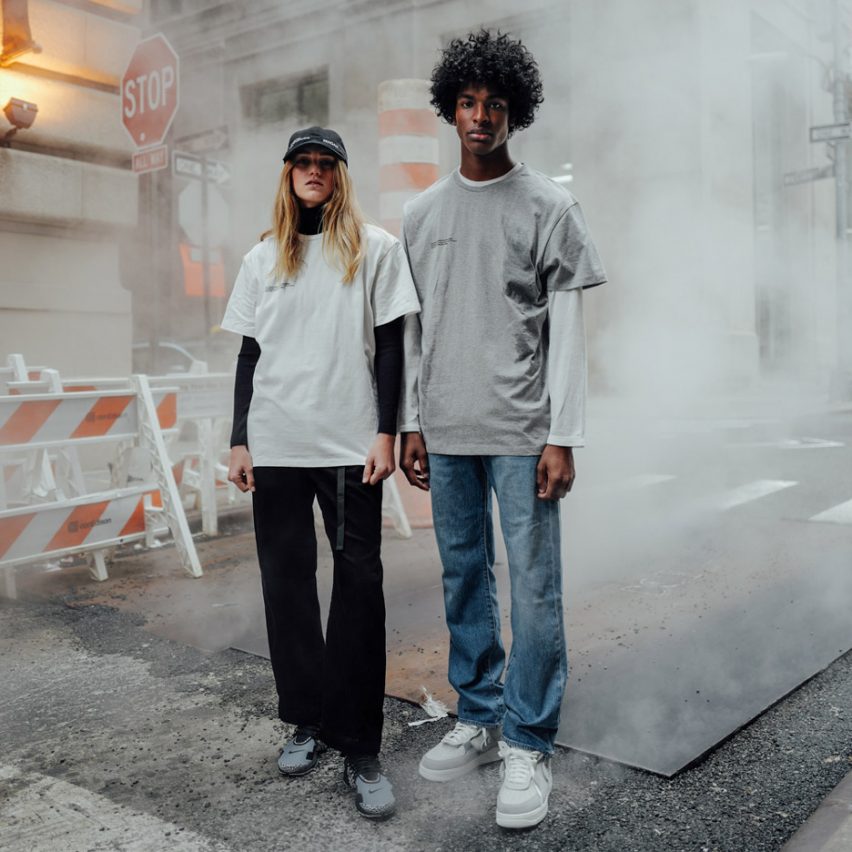
Each signature Pangaia T-shirt is made from a lightweight seaweed fibre that is combined with organic cotton to produce a less water-intensive fabric.
The clothes are treated with peppermint oil, which has natural antibacterial and anti fungal properties. This allows customers to go up to 10 times longer between a clothes wash, which the brand estimates will save 3,000 litres of water in each garment's lifetime.
Pangaia is also set to launch items made with new material called Flowerdown – a more sustainable and cruelty-free alternative to goose and duck feather insulation.
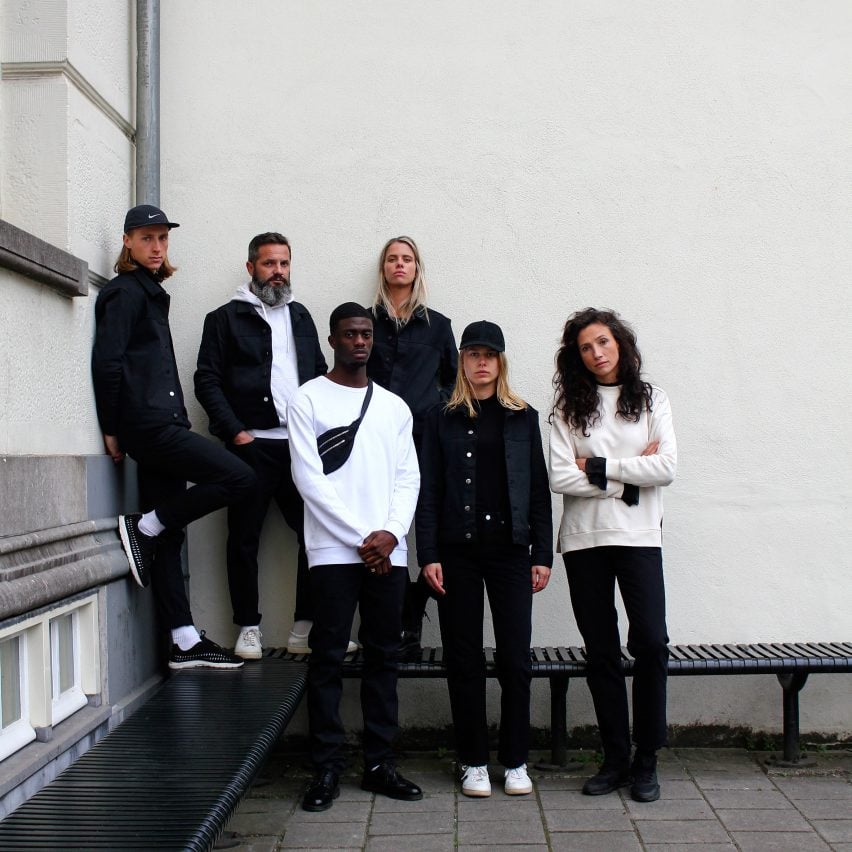
Mud Jeans
A pair of Mud Jeans is composed of between 23 and 40 per cent recycled denim. The brand aims to launch its first 100 per cent recycled cotton pair of jeans in 2020, to prove that denim can be a part of the circular economy.
Mud Jeans collects old pairs of jeans and sends them to the Recovetrex recycling plant in Spain, where they are broken down, turned into new yarn, which is turned into fabric at a mill in Valencia.
The brand is currently carbon neutral, via a combination of offsetting schemes and supplier selection. The recycling factory powers itself with a more energy efficient cogeneration engine, and the fabric mill gets half of its power from solar panels.
Toxic denim production processes involving potassium permanganate have been replaced by techniques that use lasers or e-flow – an environmentally friendly fabric finishing technology that uses nano bubbles. Any chemicals used are non-toxic, and both the fabric and garment factories use a filter system to stop any contaminants reaching the water supply.
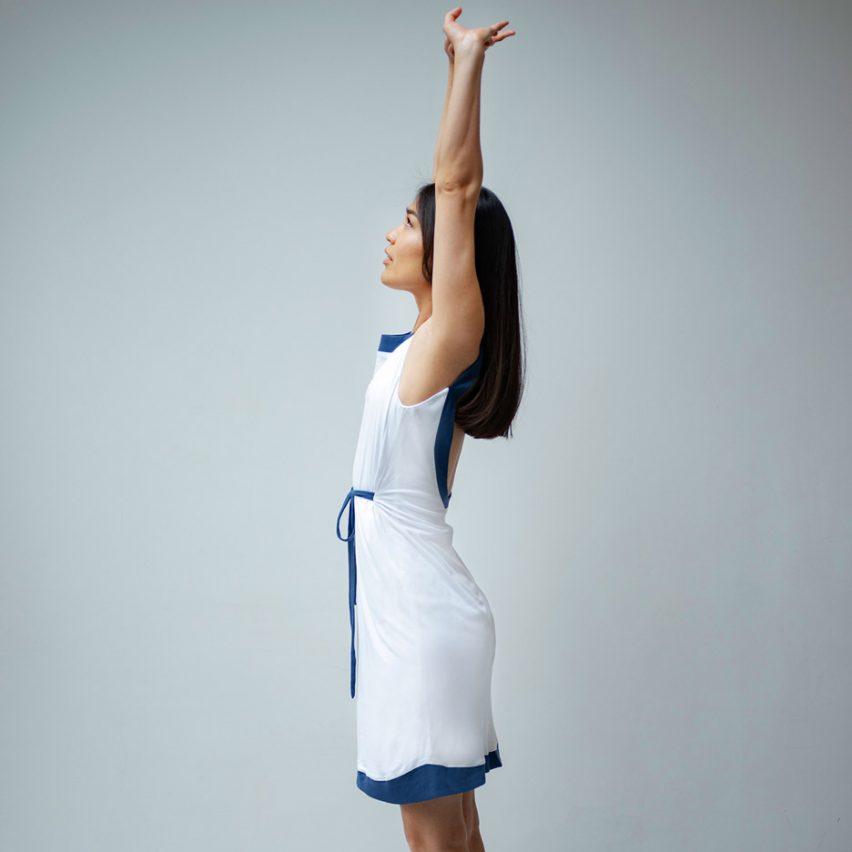
Ocean by Leticia Credidio
Italian-Japanese-Brazilian designer Leticia Credidio is launching a range of sleepwear made out of seaweed. The pyjamas and robes are made from SeaCell, a material from Smart Fiber that embeds crushed up seaweed into cellulose fibres made from trees.
SeaCell is carbon neutral and biodegradable, and its manufacturers claim that the antioxidants and amino acids present in the seaweed react with the wearer's skin's natural moisture to promote skin regeneration.
All of the ranges by Leticia Credidio, including the Ocean collection, are plastic-free and come in packaging made from discarded fabric collected by a recycling centre in London.
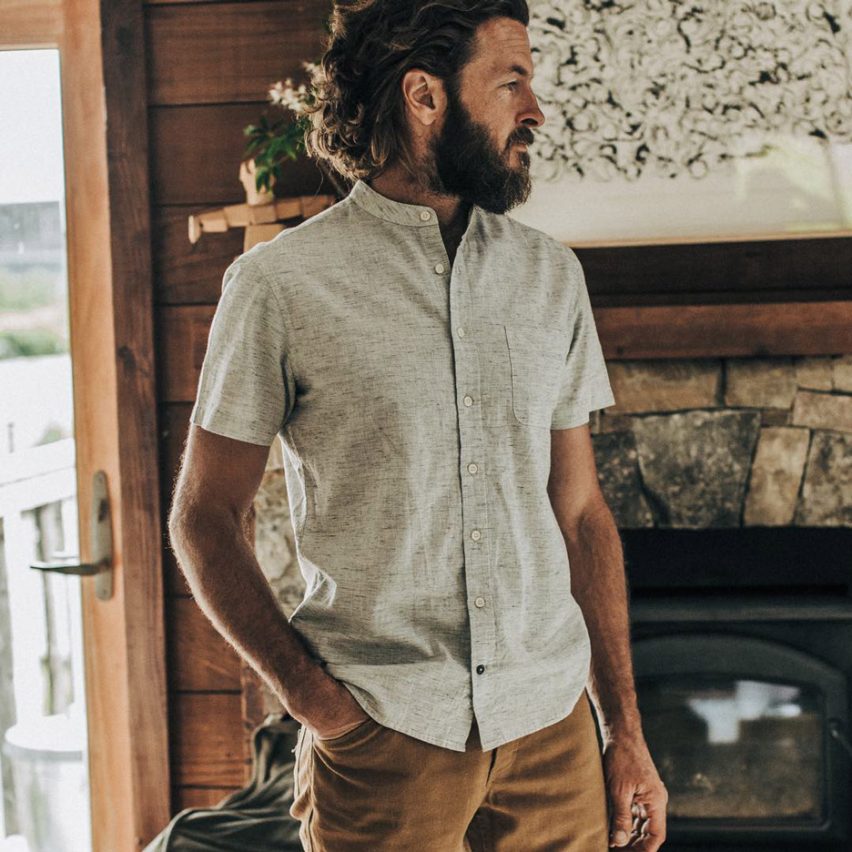
Taylor Stitch
Taylor Stitch menswear takes a multi-pronged approach to reducing fashion waste. Each garment is made from 95 per cent recycled cotton, along with pre-used merino wool, and industrial hemp.
Each piece is designed to be as hard-wearing as possible, and once a piece of clothing has worn out Taylor Stitch collects them via their Restitch program, where the pieces are cleaned and repaired or turned into new pieces to be re-sold.
Before the brand introduces a new style it runs a kickstarter-style voting system to allow customers to crowdfund the pieces they want to buy at a 20 per cent discount, so no excess stock ends up burnt or in landfill.